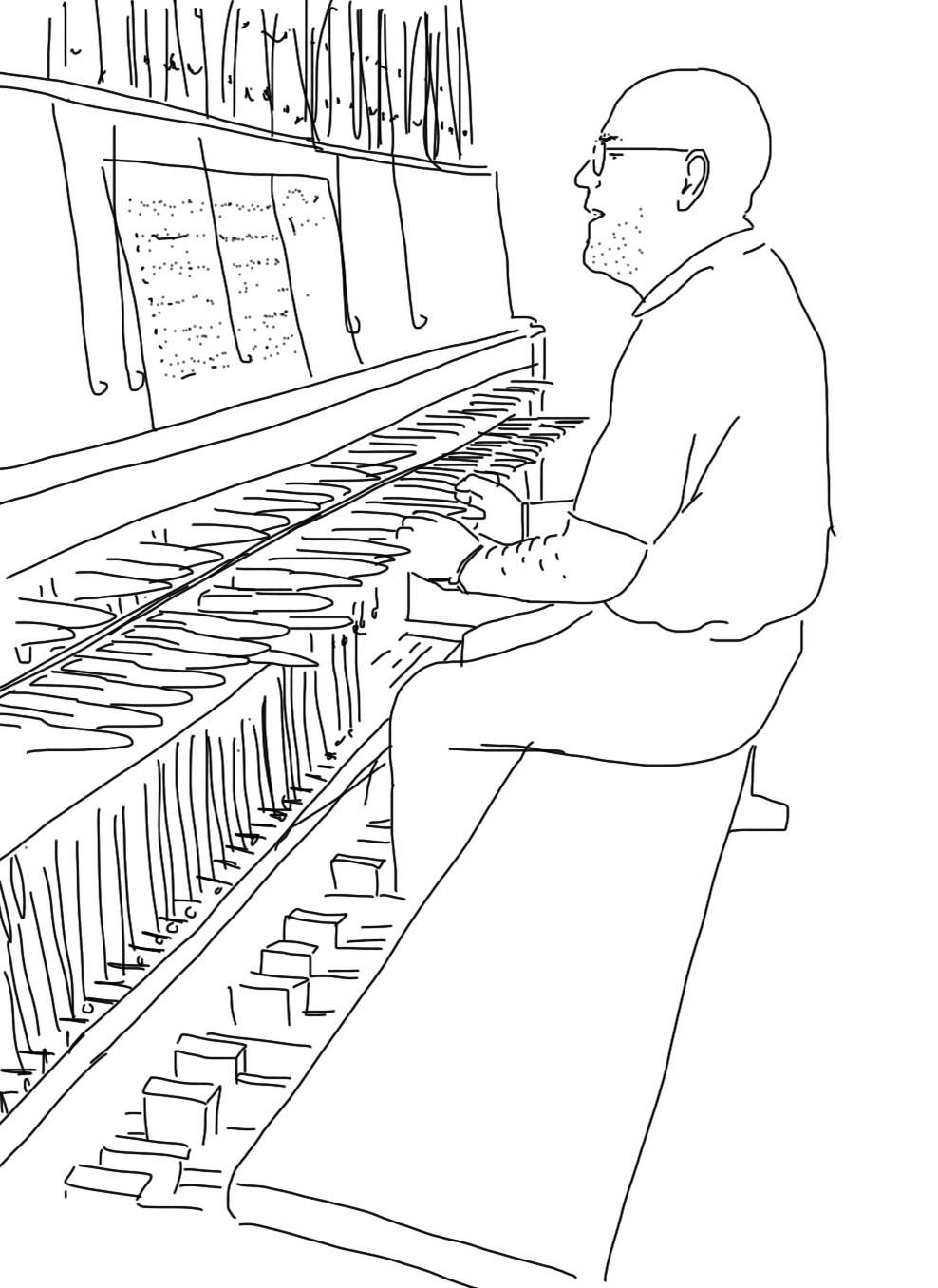Reduce, reuse, recycle ♻️ Can this apply to digital material? What would that mean or look like?
When I say “digital material” I don’t mean visual waste like excessive banner ads and endless newsletter popups, but actual bytes of data. Is there an alternative to emptying the trash and/or permanent storage? Device storage – the management of it, its functionality – is effectively invisible until you have a sudden problem with it. The dreaded “low disk space” warning.
This feels somewhat analogous to our IRL trash problem, but an obvious difference is that emptying IRL trash ≠ emptying digital trash. When you empty the trash at home, it becomes someone else’s problem. When you empty your digital trash, it disappears (mostly). Also, it’s worth acknowledging: right now our physical trash problem > our digital trash problem.
If we focus on the digital side of things for the moment though, the biggest issue is that people don’t empty their trash. It’s a lot easier to dump a bunch of old files on to a hard drive and call it a day than to actually go through and get rid of unnecessary stuff. This is hoarding.
Consider this condensed intro to the compulsive hoarding entry on Wikipedia as of today:
Compulsive hoarding […] is a pattern of behavior that is characterized by excessive acquisition and an inability or unwillingness to discard large quantities of objects that […] cause significant distress or impairment. Compulsive hoarding behavior has been associated with health risks, impaired functioning, economic burden, and adverse effects on friends and family members. […] Compulsive hoarders may be aware of their irrational behavior, but the emotional attachment to the hoarded objects far exceeds the motive to discard the items.
I would guess that most of us (without a doubt including myself) are digital hoarders. For me, at least, it’s driven by mild fear, a “but I might need that” mentality. It’s the same reason I frequently leave multiple browser windows with multiple tabs open. So many major services – Gmail, iCloud, AWS, Dropbox – are built to encourage this behaviour. Some services even actively discourage deletion, or make it impossible. I’m looking at you, Facebook.
But stuff, both physical and digital, has to be cared for. I pay more and more for services that store my data, I worry about hard drives failing, I get secondhand anxiety when I borrow a loved-one’s phone for a moment and notice that they have 160,000+ unread emails. On top of this, the amount of electrical energy used for data storage is significant and is only expected to increase.
So if you apply the three Rs to our digital lives, “Reduce” is still right up there on the priority list. “Reuse” and “recycle” are a little harder to port over… Perhaps we could say that by contributing to open source technology and data, you are reusing and recycling digital material. I need to do more of this.
And to think, I haven’t even touched on the importance of recycling electronic devices! A separate note, maybe.


